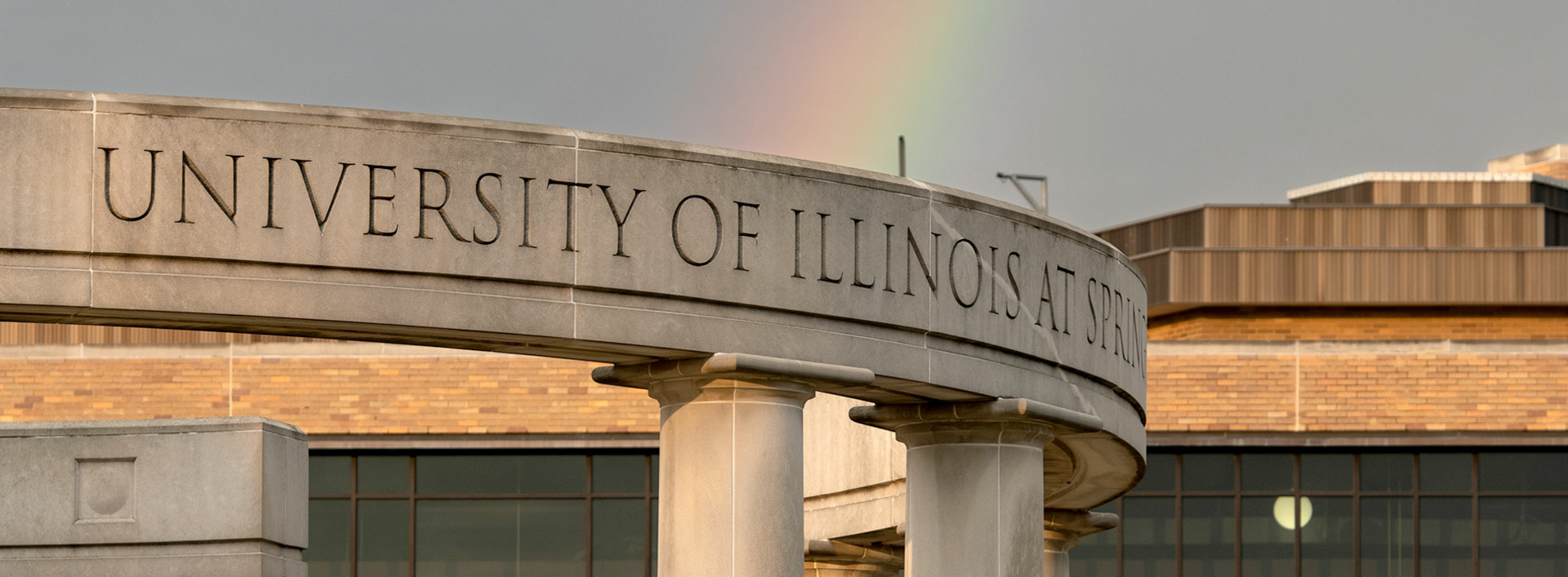Academic Integrity Policy Quick Fact Sheet


Academic integrity usually carries a negative connotation for students – don’t plagiarize! However, it can add a lot of strength, quality, and credibility to your writing if you take it seriously and use it to your advantage.
Just about anyone can copy, but few can create. By thinking, creating, and developing original ideas and concepts through writing, you will achieve the growth required to succeed not only at the university level, but also in the extremely competitive professional world that you aspire to belong to.
This handout is meant to be a quick fact sheet about the Academic Integrity Policy at UIS, how it stems from the broader cultural appreciation for intellectual property in the United States as a whole, and how understanding it can improve your skills and impact as a writer.
What is academic integrity? What does it mean for me?
- According to the UIS website, “academic integrity emphasizes the respect for knowledge and the respect for others’ ideas. In essence, academic integrity ensures that you receive merit and proper recognition for your work.”
- UIS’s policy outlines violations of academic integrity, which include plagiarism, cheating, misrepresentation, academic interference, unauthorized access, and facilitating academic dishonesty.
- With this policy in place, student work is expected to be completed by the student and any time an outside source or outside author’s opinions, work, idea, or quotations are used, the student must clearly identify this material to differentiate between their work and another’s.
What are the benefits of academic integrity?
- Clearly demonstrates to your instructors your understanding of course material
- Helps you identify gaps in knowledge so that you may work toward bridging that gap
- Promotes positive work habits to take into the professional world
- Develops your own creativity, independence, maturity, and respect for others
- Builds your credibility and trust when you use expert opinions and verified data
- Allows you to wrestle with complex issues that stem from academic integrity
- Earns you the grade from your own work and effort
- Reduces stress from wondering whether or not you will get caught for cheating
- Avoids harming your reputation
What does academic integrity have to do with intellectual property?
- In the US, great emphasis is placed on individual achievement. Intellectual property rights allow for individuals to copyright, protect, and claim ownership of ideas, so others cannot use their ideas without their permission.
- If permission is given to someone to use their ideas, that person must credit the individual who came up with the idea first.
- In a US academic context, students are expected to use citations and give proper credit for work that is not their own. Therefore, understanding the rules of citation for your respective field is incredibly important.
Tip
Different cultures and countries have different intellectual and copyright rules and laws. If you are an international student, be sure to familiarize yourself with these concepts while you’re studying in the US. If you are a US student studying abroad or planning to study abroad, be sure to familiarize yourself with the intellectual and copyright rules and laws of the country where you are studying or planning to study.
What are the different levels of academic integrity violations?
Tier 1
- Under this category, violations are mostly regarded as unintentional. Instructors meet with the student and determine consequences.
- As a result of this meeting, a learning plan is developed to address the violation that will familiarize the student with the policy and how to correct the violation.
- The incident is recorded and reported through documentation to the Provost’s Office.
- This documentation primarily serves as a warning and a teaching moment for the student.
Tier 2
- These violations are more serious in nature than Tier 1, when the student should have known better, or/and when it appears to be intentional.
- If another violation occurs after an initial documented Tier 1 violation, the second violation will be processed as a Tier 2.
- Tier 2 violations have more serious consequences determined by the instructor.
- If both the instructor and student do not reach an agreement regarding the violation, a hearing would be the next place to find resolution.
Tier 3
- Whenever the issue is not resolved through Tier 1 or 2 resolutions, then a hearing will be conducted.
- A hearing is needed when there are more than 2 previous violations or if the action may lead to consideration of suspension or expulsion.
- Hearings can result in more serious consequences like failure of the course, probation, suspension, expulsion, or even rescinding the degree.



